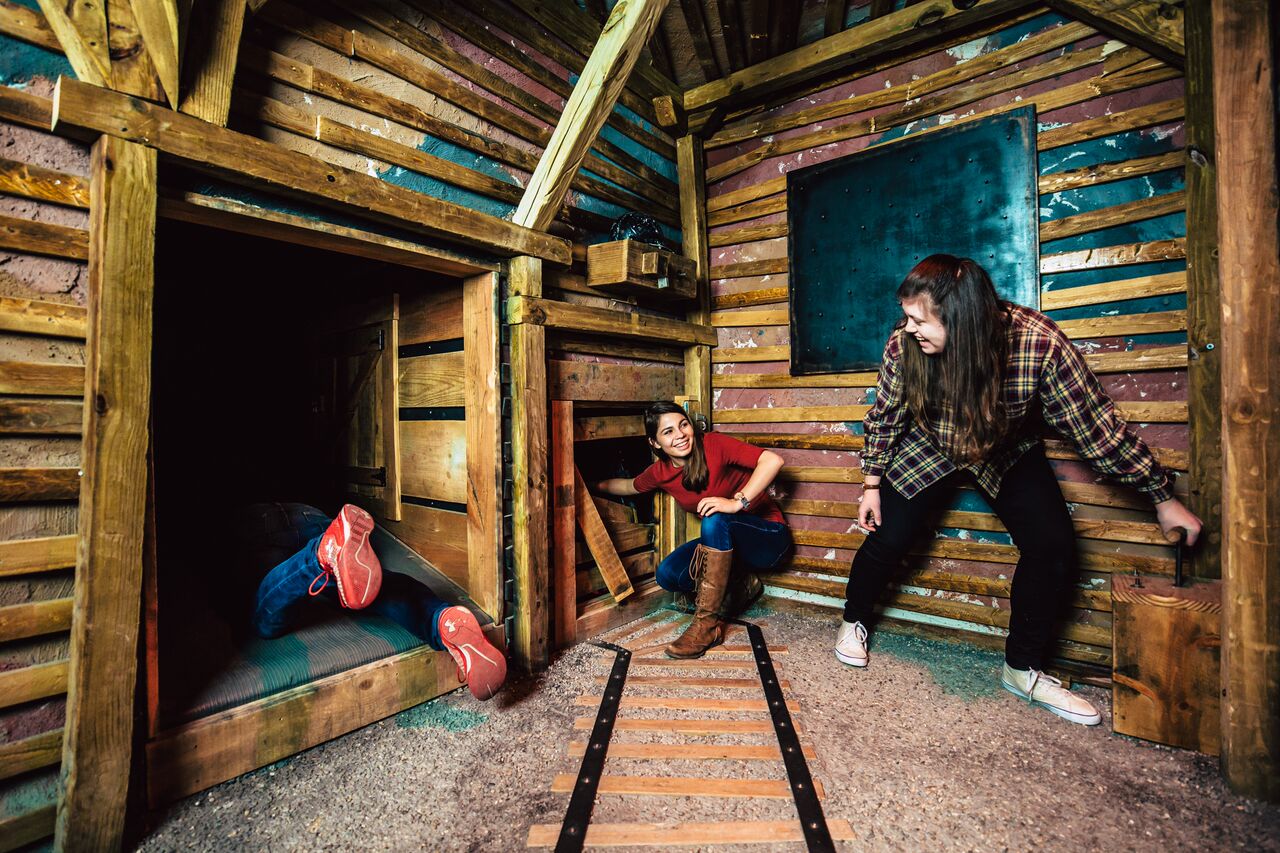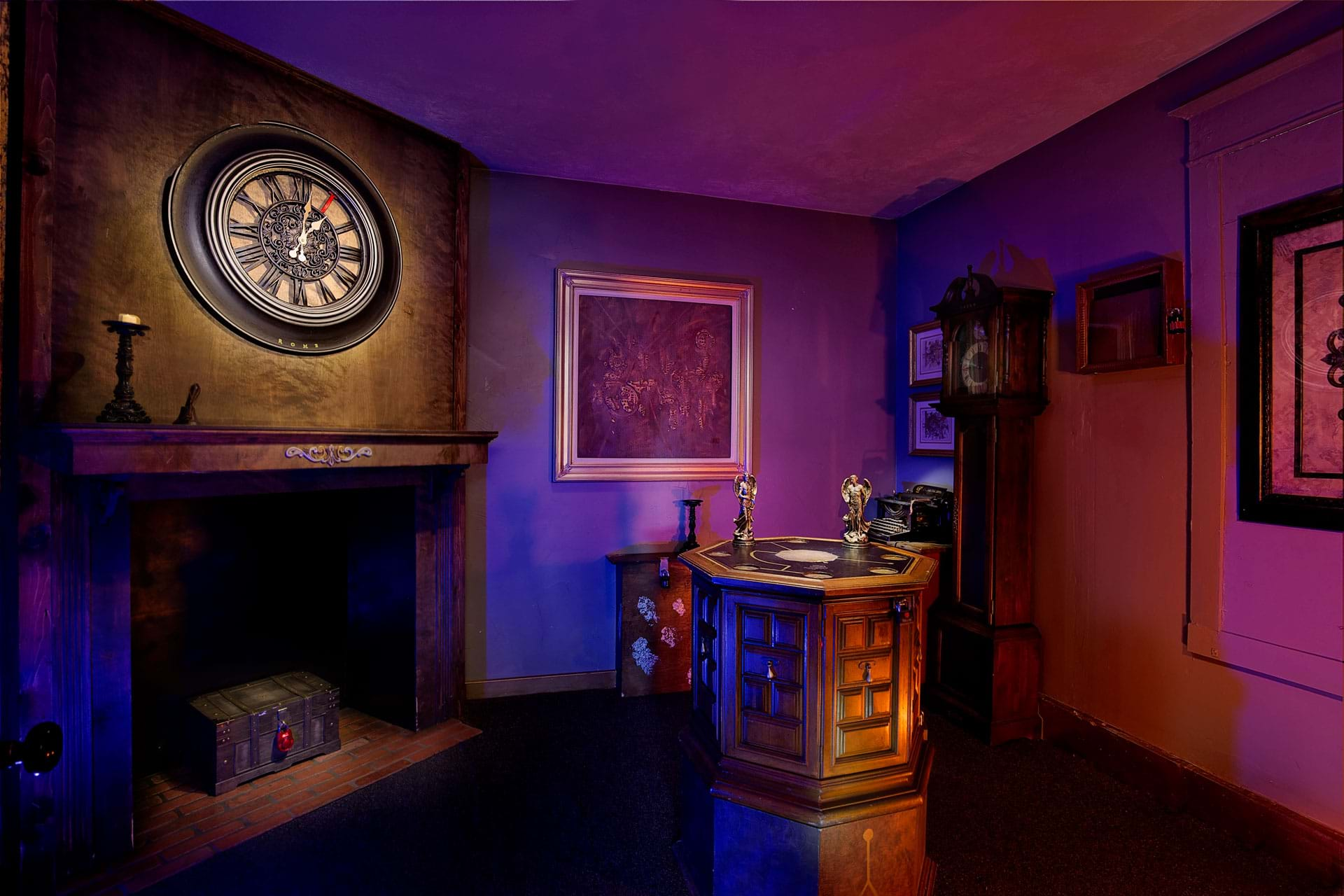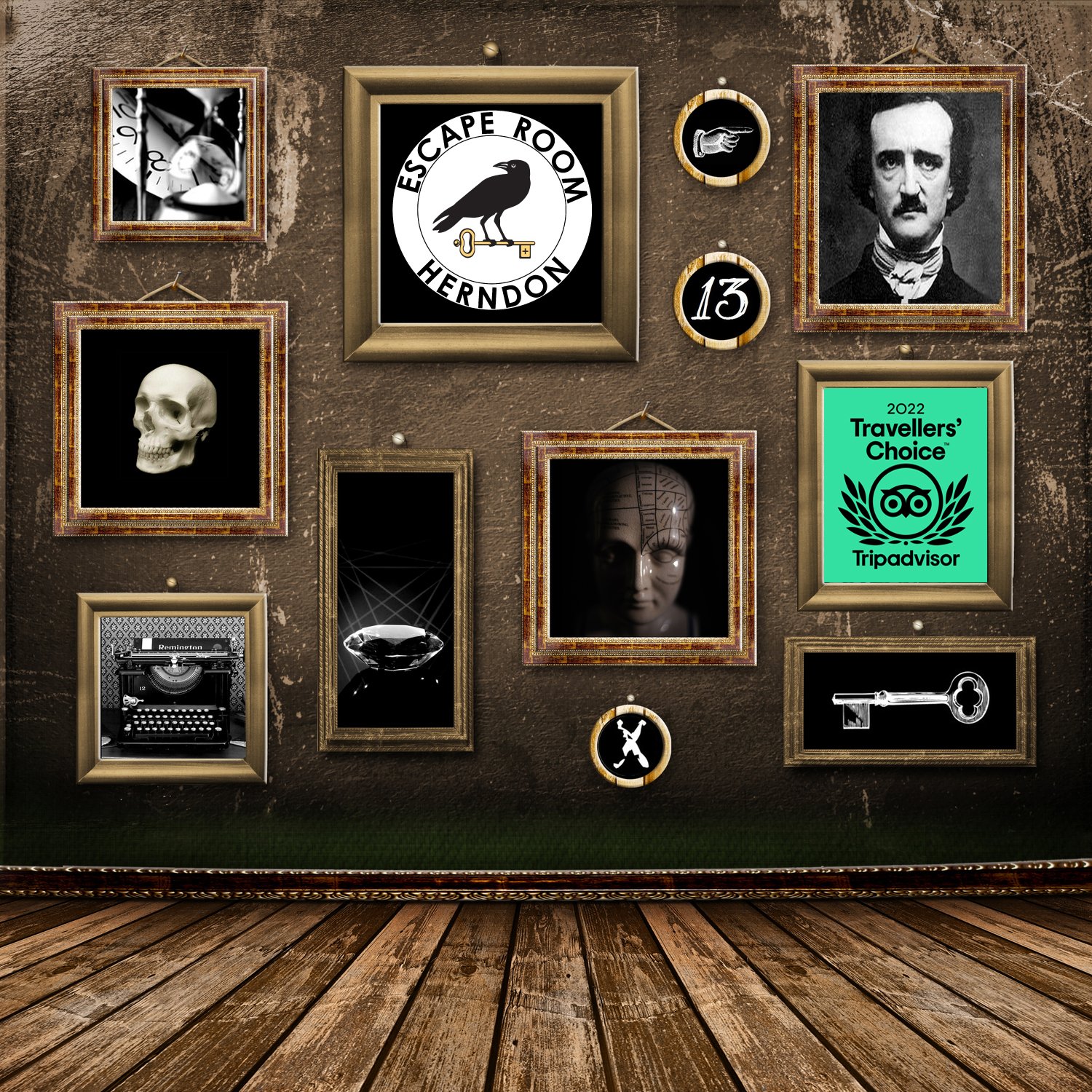Team Strategies: Exactly How to Team up Effectively in a Retreat Area
Teams should actively listen to each participant's insights, appoint roles that line up with private toughness, and preserve normal check-ins to make certain focus and avoid redundancy. By promoting a setting that values cohesion and flexibility, teams can dramatically enhance their efficiency and success prices.
Establish Clear Interaction

To assist in clear communication, it is essential to assign a main factor of get in touch with for info circulation. Brief, concentrated updates from each team participant can maintain the group educated without overwhelming them with information.

Designate Functions Strategically
While clear communication establishes the structure for effective team effort, appointing functions tactically makes sure that each group participant's toughness are made use of properly. In an escape space circumstance, the time-sensitive and intricate nature of obstacles necessitates an efficient approach to job delegation. By identifying and leveraging individual proficiencies, groups can optimize their analytic capabilities and improve general performance.
A person with a keen eye for detail might excel in locating covert objects, while a sensible thinker can be better suited to solving problems. This duty frequently needs strong business and social skills.
2nd, make certain that roles are flexible and versatile. As brand-new difficulties emerge, the group must have the ability to pivot, reallocating jobs as required. This flexibility helps preserve momentum and protects against bottlenecks that can happen due to stiff duty projects.
Inevitably, a calculated strategy to function job not only makes best use of the staminas of each employee but additionally promotes a natural atmosphere, driving the group in the direction of a successful getaway.
Utilize Diverse Abilities
Identifying and using the varied abilities within your group can significantly raise your performance in an escape room. Each staff member brings distinct staminas to the table, and successfully leveraging these capabilities can speed up analytic and enhance general efficiency. A team participant with solid logical abilities could stand out at decoding complicated codes or patterns, while one more with keen empirical capabilities may promptly find covert hints that others could forget.
Encourage group participants to voice their insights and ideas quickly, guaranteeing that all possible solutions other are taken into consideration. Additionally, assigning tasks that straighten with each member's staminas can prevent bottlenecks and ensure that progress is continual.
Additionally, variety in skills frequently converts to variety in believing styles, which is important in a retreat space setup. While some obstacles may need logical reasoning and accuracy, others could profit from imaginative and side thinking. By acknowledging and leveraging this diversity, groups can resolve a broader variety of obstacles better, consequently increasing their chances of an effective getaway.
Manage Time Properly

First, allocate preliminary mins for a fast survey of the space. Determine visible puzzles and divide tasks based on employee' staminas, guaranteeing that no one is still. Establish inner time checkpoints to assess progress regularly; for instance, goal to Clicking Here have half the problems fixed by the mid-point of the game. This method can help maintain the team focused and prevent time from escaping undetected.
Additionally, stay clear of tunnel vision. If a challenge is taking as well long, rotate team members or proceed to an additional challenge, returning later with fresh perspectives. Interaction is extremely important-- maintain everybody updated on solved puzzles and continuing to be jobs to stay clear of repetitive efforts.
Finally, use any tips or ideas moderately yet strategically - best escape room. Knowing when to request for help can conserve useful time. By sticking to these time monitoring principles, teams can substantially enhance their chances of an effective and enjoyable escape area experience
Debrief and Mirror
Representation is an important element of group growth and enhancement in the context of escape areas. Once the obstacle is completed, whether efficiently or not, it is essential for the team to involve in an organized debriefing session. This procedure permits employee to assess their efficiency, determine toughness, and pinpoint areas for enhancement.
Begin the debrief by discussing what went well. Highlight specific instances of efficient communication, analytical, and cooperation. Recognizing these positive actions enhances them and encourages their repeating in future challenges.
Talk about minutes of confusion, miscommunication, or ineffective strategies. check this Encourage an open and positive dialogue where team participants can share their perspectives without fear of objection.
Conclusion
In conclusion, effective cooperation in an escape area is based upon clear interaction, calculated role projects, the reliable usage of diverse abilities, and proficient time monitoring. Routine check-ins and structured debriefings are essential for keeping focus and fostering continual improvement. By developing a natural and adaptive group atmosphere, the likelihood of successfully resolving puzzles and achieving the objective of running away the area is considerably improved. This strategy not only makes sure success however additionally promotes cumulative growth and knowing.